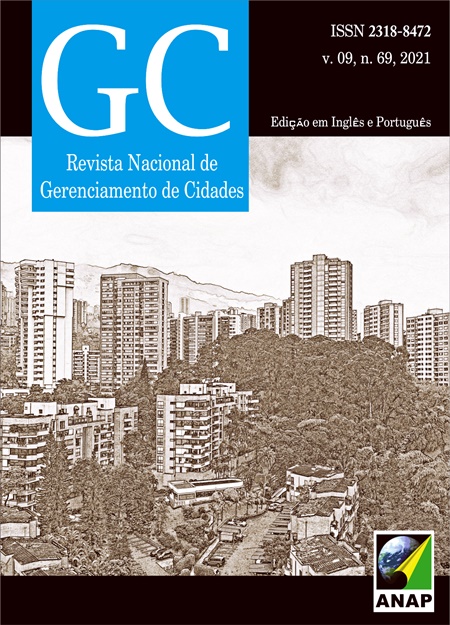Biodigester models used worldwide in the context of intelligent cities
DOI:
https://doi.org/10.17271/2318847296920212802Palavras-chave:
Biogas. Biodigesters. Intelligent cities.Resumo
Urban development is marked by challenges associated with energy demands at a variety of levels, as well as the need of an efficient solid waste management. In the next 30 years an increase of the world’s population and of this population in urban areas is predicted, turning such dilemma a reality. In this context, organic waste can be recycled as a clean, renewable energy resource by means of biogas, which is a sub-product of anaerobic digestion and which can be converted into electric and thermal energy by burning, and therefore be used in heating and as fuel. Biogas is produced in biodigesters, which consist of an airtight chamber with compartments for the substrate inlet and the final product outlet. From a bibliographic research, the present study investigates the main models of biodigesters used in Europe, Asia, Africa and South America, in order to present an up-to-date scenario of the application of such equipment in the context of intelligent cities. The results indicate contrasting biodigester installations among the continents. Whereas Europe relies on high-technology models, in Africa, for example, biodigesters are usually built with basic materials, which make biogas production inefficient. Similarly to other energy sources and waste management models, the countries with better infrastructure and resources can better benefit from the use of biodigesters, thus improving the quality of life, whereas poorer countries cannot totally exploit the same productivity potential.















